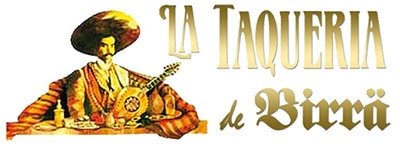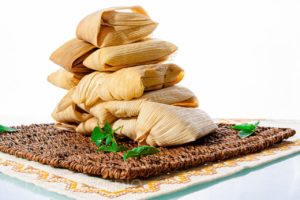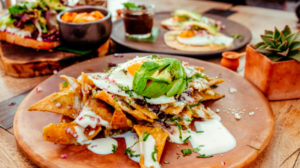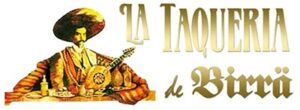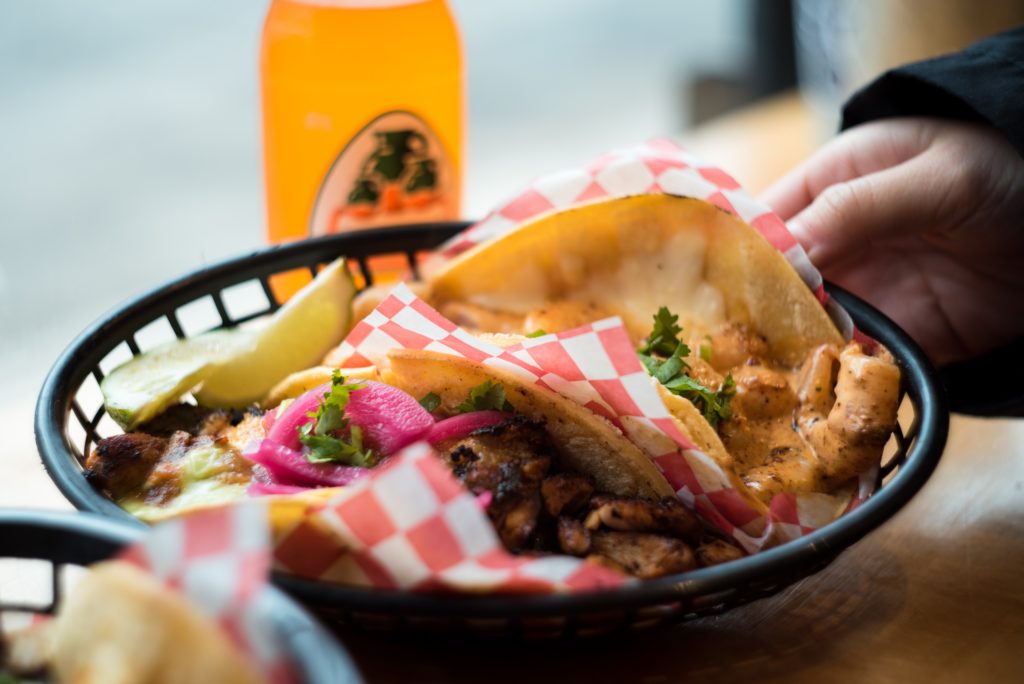
A Mexican taco is a typical dish of Mexican cuisine. It consists of a corn or wheat flour tortilla that is folded in half and filled with various ingredients.
The preparation of a Mexican taco may vary according to the region and personal tastes.
Some tacos, such as the taco al pastor, which has the meat marinated in spices and slow-roasted on a vertical lid, are prepared on the grill. Other tacos, such as the barbacoa taco or the carnitas taco, are made with stewed or pre-cooked meat.
Tacos are very popular in Mexico and can be found in street stalls, taquerias or specialized restaurants.
They are versatile and adapt to different gastronomic preferences, as they can be made with different types of meat, seafood or even sweet and vegetarian options.
In addition, tacos are usually accompanied with sauces, such as red sauce or green sauce, to enhance their flavor.
Mexican tacos are internationally recognized and have become very popular in many other countries besides Mexico.
Thanks to their variety of flavors, textures and combinations of ingredients, they have become a much appreciated and enjoyed dish by people from all over the world.
What does taco mean?
The exact origin of the word “taco” is not completely clear, but there are several theories about it.
One theory suggests that the term “taco” comes from Nahuatl, an indigenous language spoken by the Aztecs and other Mesoamerican peoples.
In Nahuatl, the word “tlahco” or “tlaxcalli” was used to refer to a rolled or folded corn tortilla. Over time, this term evolved into “taco” in Spanish.
Another theory holds that the word “taco” comes from the Spanish term “taco” used to describe a piece of wood or material used to plug holes or as a support.
This theory suggests that the word was adopted to describe the way the tortilla is folded or rolled when making a taco.
Regardless of the exact origin of the word, what is certain is that the term “taco” has long been used in Mexico to refer to this popular dish.
In any case, the word “taco” has transcended borders and has been adopted in many other languages, as tacos have become popular all over the world.
In which countries is the Mexican taco popular?
The Mexican taco is especially popular in Mexico, where it is a staple of street food and culinary culture.
However, the love for Mexican tacos has spread to many other countries, and today you can find aficionados and restaurants specializing in tacos all over the world. Some of the countries where the Mexican taco has gained popularity are:
- United States: Mexican tacos are very popular in the United States, especially in areas with a large Mexican or Hispanic population.
Cities such as Los Angeles, San Diego, Houston and Chicago are known for having a wide variety of taquerias.
- Canada: In Canada, Mexican tacos have also gained popularity in recent years. Major cities such as Toronto, Vancouver and Montreal have numerous restaurants and places serving authentic tacos.
- United Kingdom: The Mexican taco has experienced an increase in popularity in the United Kingdom, especially in cities such as London, where several Mexican restaurants offering traditional tacos can be found.
- Australia: In Australia, Mexican tacos have become increasingly popular in recent years.
Cities such as Sydney, Melbourne and Brisbane have a growing Mexican food scene and a wide variety of places to enjoy authentic tacos.
- Spain: In Spain, Mexican tacos have also gained popularity, especially in large cities such as Madrid and Barcelona.
There are numerous restaurants and establishments serving Mexican tacos, and Mexican food in general has found a prominent place in the Spanish culinary scene.
If you want to know the oldest taqueria in Madrid and try some good tacos, remember!
At Taqueria de Birra we are experts in tacos and Mexican food since 1989, so if you want to taste some tacos in the purest Mexican style, we invite you to order to take away or come and try them at C/ Don Pedro, 11 or at Plaza de las Comendadoras, 2.
